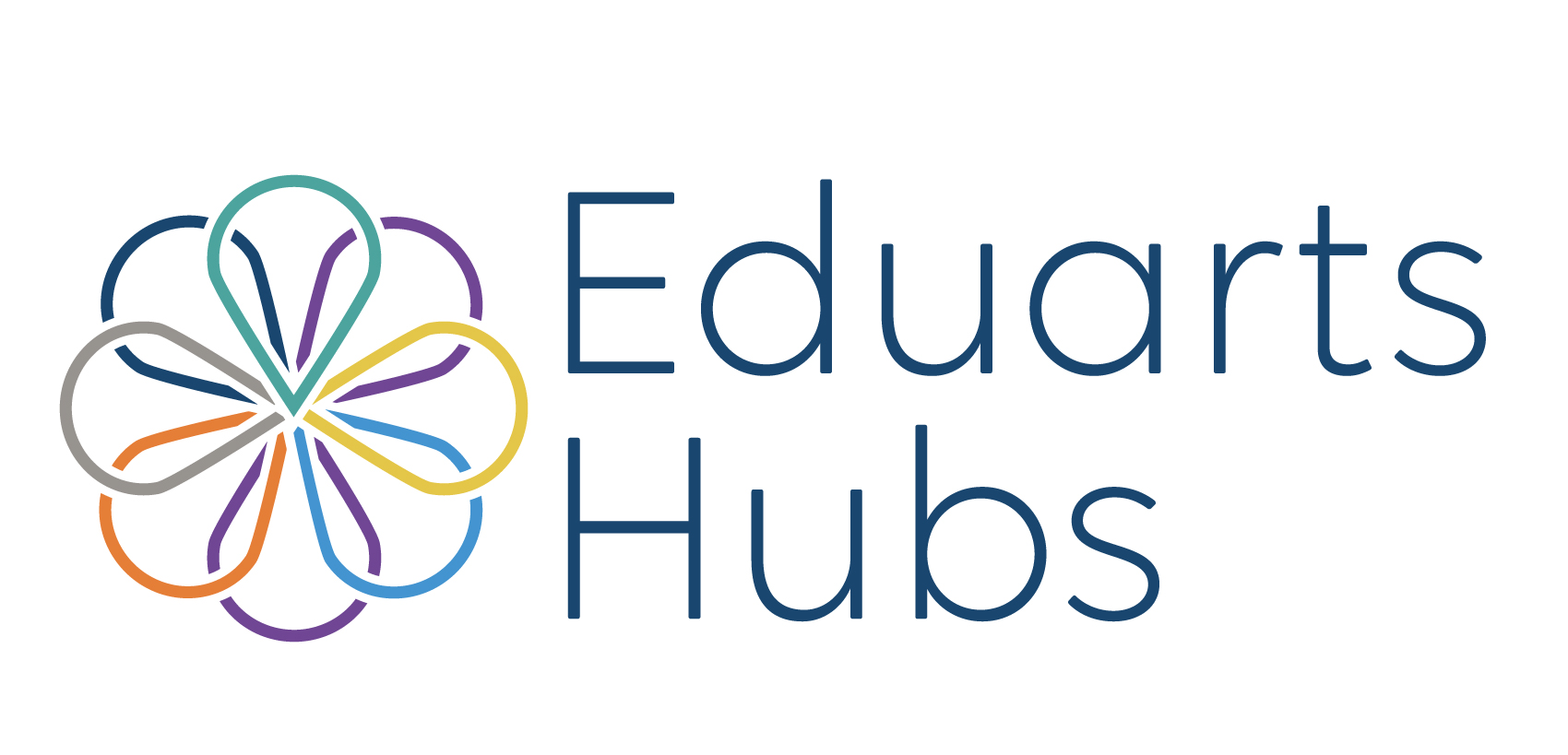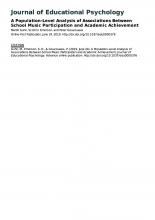The present study employed population-level educational records from 4 public school student cohorts (n 112,916; Grades 7–12) in British Columbia (Canada) to examine relationships between music education (any participation, type of participation, music achievement, and engagement level) and mathematics and science achievement in Grade 10 as well as English achievement in Grades 10 and 12, while controlling for language/cultural background, Grade 7 academic achievement, and neighborhood socioeconomic status. Music participation was related to higher scores on all 4 subjects and these relationships were stronger for instrumental music than vocal music (Cohen’s d range: .28 to .44 [small-medium effect sizes] and .05 to .13 [null-small effect sizes]). School music achievement positively related to scores on all subjects; such relationships were stronger for achievement in instrumental music compared with vocal music. Higher levels of music engagement (number of courses) was related to higher exam scores on all subjects; this pattern was more pronounced for very high engagement in instrumental music (d range: .37 to .55; medium effect sizes) compared with vocal music (d range: .11 to .26; small effect sizes). The effect sizes of these group differences are greater than the effect sizes corresponding to average annual gains of students’ academic achievement during high school—in other words, highly engaged instrumental music students were, on average, academically over 1 year ahead of their peers. The findings suggest that multiyear engagement in music, especially instrumental music, may benefit high school academic achievement. Findings and implications are discussed within the broader interdisciplinary literature on music learning.
-
About Us
-
- Who We Are

Deanne Hupfield, Fancy Shawl Dancer. CNAL/RCAA Conference 2015.
-
-
Events
-
Canada's Map of Arts & Learning
-
Community
-
Resources




